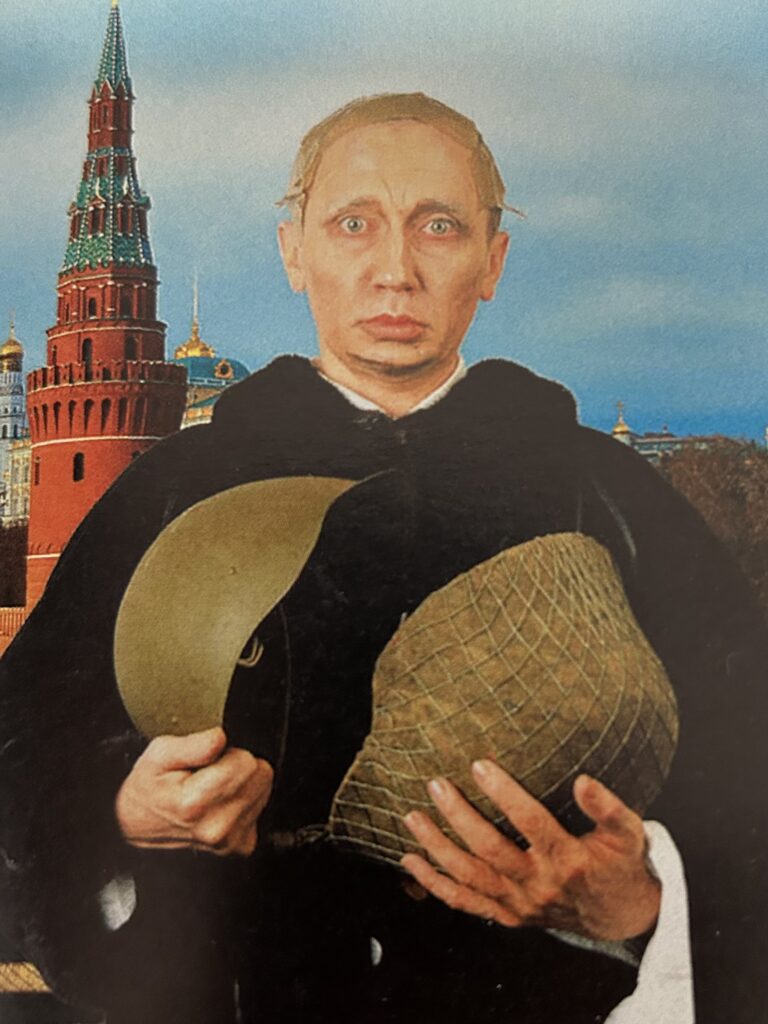Huge Increase in Gas Supplies to Uzbekistan Sparks Debate Over Russian Influence
In a significant development for energy dynamics in Central Asia, the volume of Russian natural gas transiting through Kazakhstan to Uzbekistan is poised for a substantial increase. By 2026, the annual transfer is set to leap from the current 3 billion cubic meters (bcm) to 11 bcm, as announced by Kazakhstan’s Minister of Energy, Almasadam Satkaliyev earlier this month. The genesis of this increase can be traced back to last year, when Uzbekistan began importing gas from Russia. This came after a pivotal agreement was signed between UzGasTrade and the Russian energy giant, Gazprom, delineating a daily gas supply of up to 9 million cubic meters, or equivalently, 2.8 bcm annually. This initial arrangement set the stage for further negotiations aimed at securing medium and long-term contracts to bolster Uzbekistan’s energy security and support its economic development. To accommodate this increase, substantial upgrades to Uzbekistan's main gas distribution system are underway. An investment of $500 million, sourced from foreign and multilateral loans, has been earmarked for this purpose. These enhancements are crucial to ensure the efficient and reliable delivery of the increased volumes to meet domestic demand. Adding another layer to this energy partnership, Gazprom’s CEO, Alexey Miller disclosed that discussions are ongoing for agreements that would solidify gas supply and transit obligations between Russia, Kazakhstan, Kyrgyzstan, and Uzbekistan for a duration of 15 years. Expected to be finalized by mid-2024, these agreements would signal a long-term commitment between the participating nations. This significant increase highlights the growing energy needs of Uzbekistan, but experts are divided as to whether it represents or will serve as a catalyst for a strategic and geopolitical alignment with Russia. Posting on Twitter, Dr. Luca Anceschi, Professor of Eurasian Studies at the University of Glasgow, argued that such “regimes have become even more entrenched in their authoritarian ways, [and] getting closer to the Kremlin - and this Kremlin more in particular - is a convenient move to establish an international environment conducive to regime maintenance.” In response, Professor at the National Defense University, Erica Marat cautioned against conflating “sentiments in the society” with the actions of the Uzbek authorities. Senior Lecturer at the OSCE Academy in Bishkek, Asel Doolotkeldieva, meanwhile, stated that “economic inter-dependence [will] be the last to wane in changing influences in the region… The argument about the increasing economic role of Russia does not take into account the diversification of Central Asia's other ties: with China, the Gulf States, and Asia.” Still, others have argued that since the invasion of Ukraine, Moscow’s influence has diminished, noting that Uzbekistan has “strictly [followed] international sanctions,” adopting a neutral stance. In October 2023, an Uzbek court even arrested a citizen for joining Russian troops fighting in Ukraine. Speaking to TCA about the increase in gas supplies and its possible implications, long-standing Central Asia journalist Bruce Pannier of the Davis Center at Harvard stated that “Uzbekistan has turned from a gas exporter to a gas importer in recent years, and its major foreign investors in developing...




